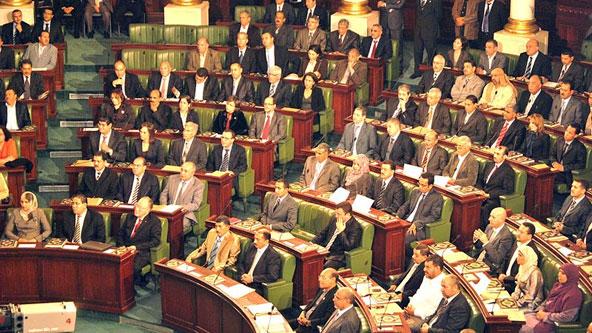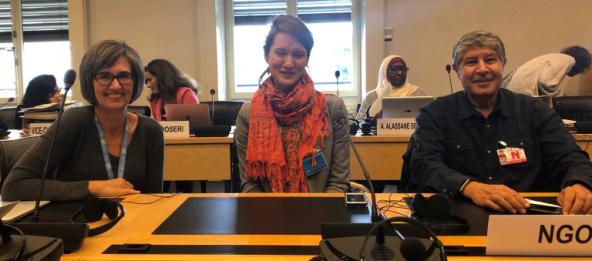
Tunisian Constitution enshrines right to life but upholds death penalty
MENA
Despite efforts by abolitionists to lobby the members of the NCA and a petition by 70 parliamentarians to add an article abolishing capital punishment, Tunisia’s new Constitution allows the use of the death penalty.
Mohamed Habib Marsit, who chairs the Tunisian Coalition Against the Death Penalty, is not surprised: “We had no illusions regarding the balance of forces,” he told Worldcoalition.org.
The three parties forming the NCA’s ruling majority – Ennahda, CPR and Ettakatol – have consistently advocated that Tunisian society is not ready to abolish the death penalty. They relied on what Marsit described as “a literal and restrictive reading of the Koran”.
Yet the Constitution states in article 21: “The right to life is sacred.” Nicolas Braye is in charge of North Africa and the Middle East at Together Against the Death Penalty (ECPM, a World Coalition member organization) and took part in a recent educational campaign in Tunisia. “Enshrining the right to life is a step forward as far as the death penalty issue across the Arab World is concerned,” he said.
The Constitution allows exceptions to the right to life in the second part of article 21: “No one can violate it, except in extreme cases set by law.” The introduction of such exceptions means the death penalty can still be used in Tunisia.
Abolitionist progress and actions on the ground
Abolitionists are not giving up and they underline the considerable progress achieved in Tunisia on the death penalty: there has been no execution since 1991, the country voted in favour of the UN resolution for a global moratorium on executions in 2012 and President Moncef Marzouki has commuted existing death sentences to life in prison.
The message sent out by the Tunisian State is important because it could inspire others. “We hope the official position of the Tunisian presidency will become an example for other countries in the region,” said Nicolas Braye.
Action continues on the ground, too. Braye and Marsit took part in a speaking tour with the Arab Institute for Human Rights between 12-17 January, visiting four of Tunisia’s seven pilot Human Rights Clubs in Tataouine, Kasserine, Tozeur and Sfax. They met more than 120 secondary school students.
Their job was to explain how much progress abolitionist countries and activists had achieved across the world – but they say the tour’s highlight was the testimony of former Moroccan death row prisoner Ahmed Haou.
“He was able to touch the students both emotionally and rationally,” said Morsit, adding that Haou’s story had an immediate educational effect on his audience. This successful experiment may be extended to other clubs in the North and Centre of Tunisia, “and possibly to mosques”, said Marsit, who is eager to promote abolitionist values as widely as possible in the population.
The Tunisian Coalition Against the Death Penalty is planning to create local branches to develop such actions, and Braye insisted on the need to support the Arab Institute for Human Rights in its efforts to create educational tools on the abolition of capital punishment.
Photo: Samir Abdelmoumen/Wikimedia Commons







